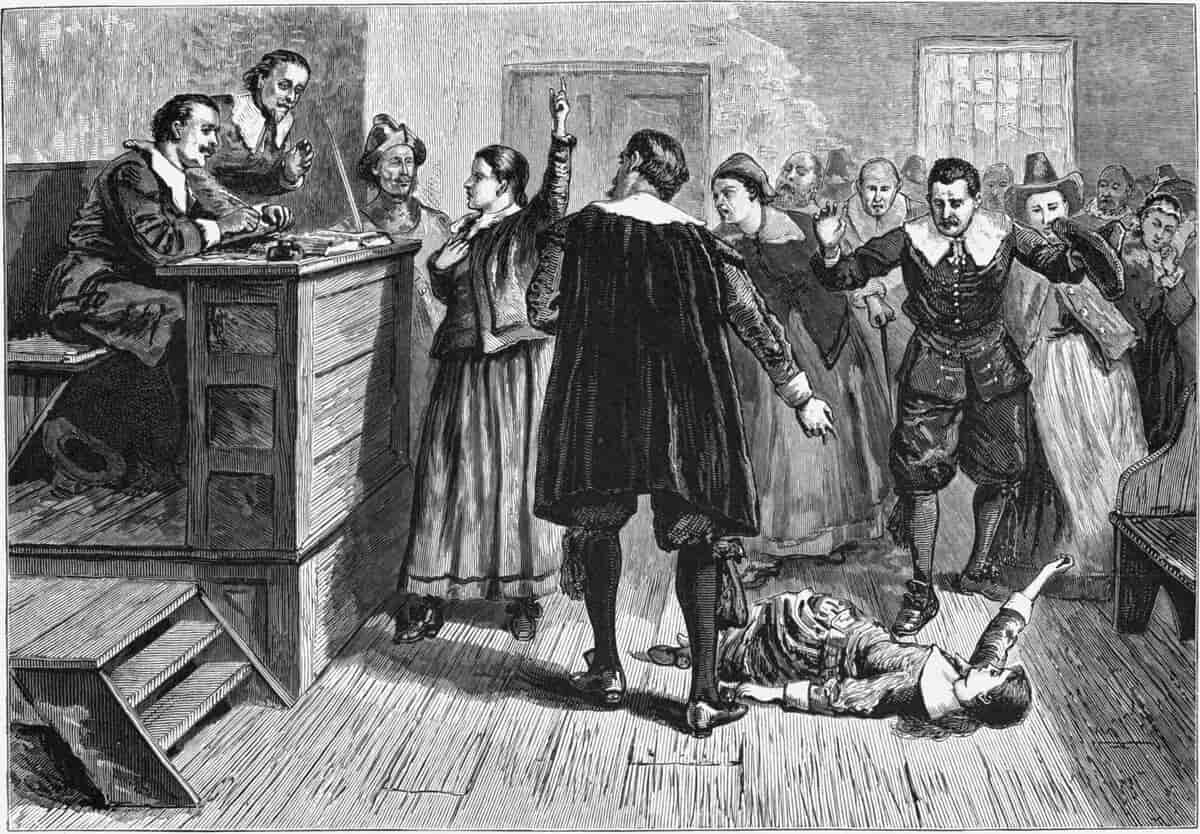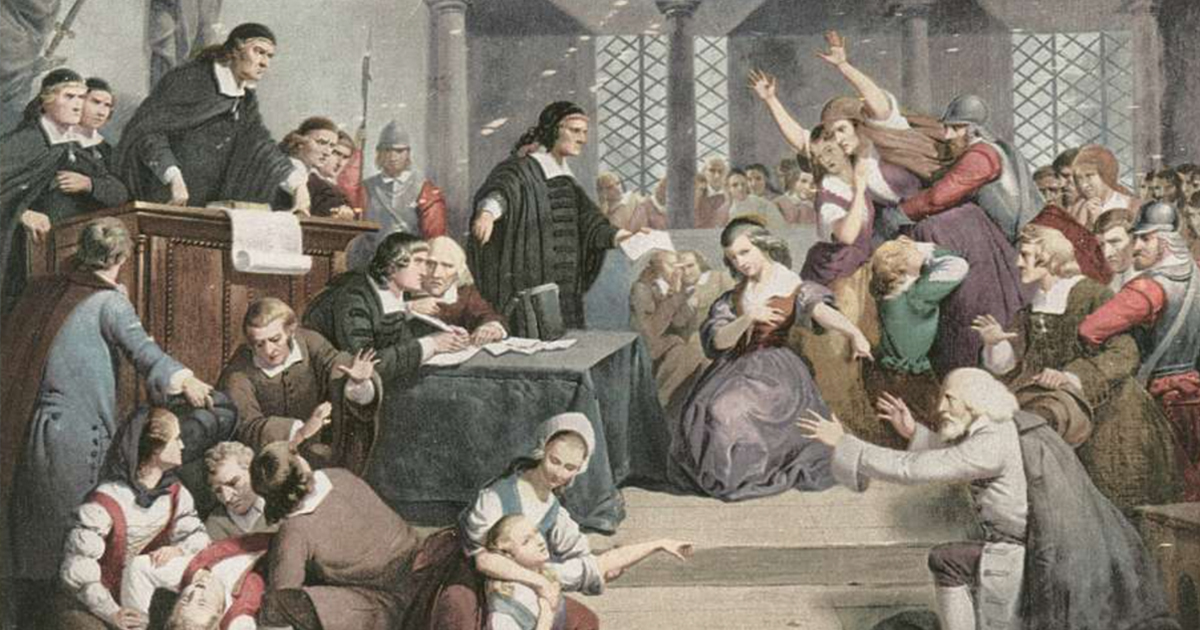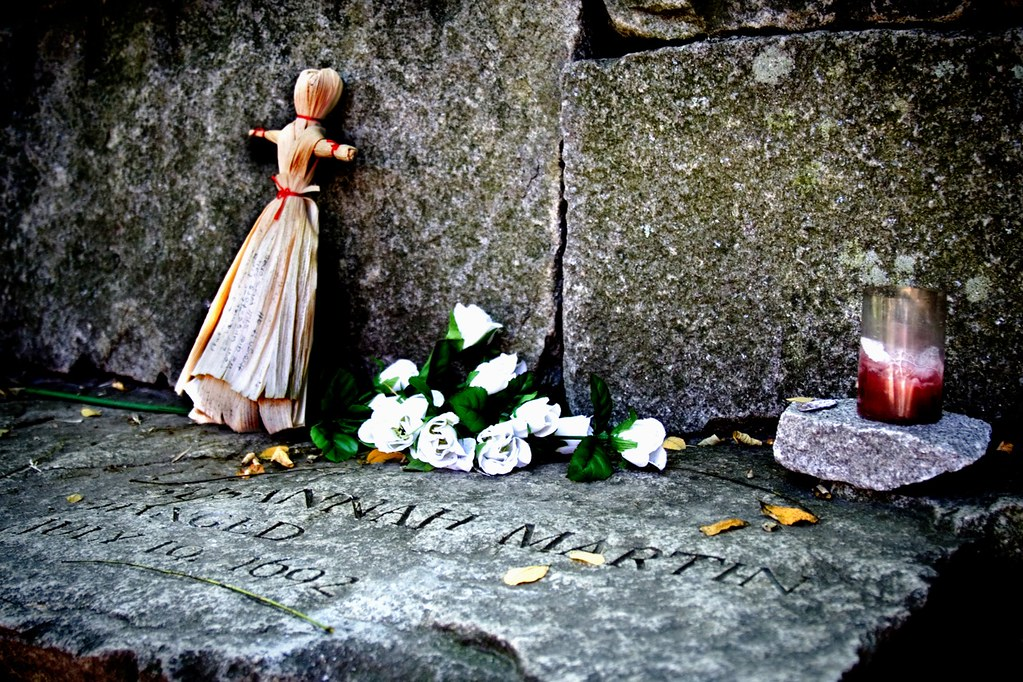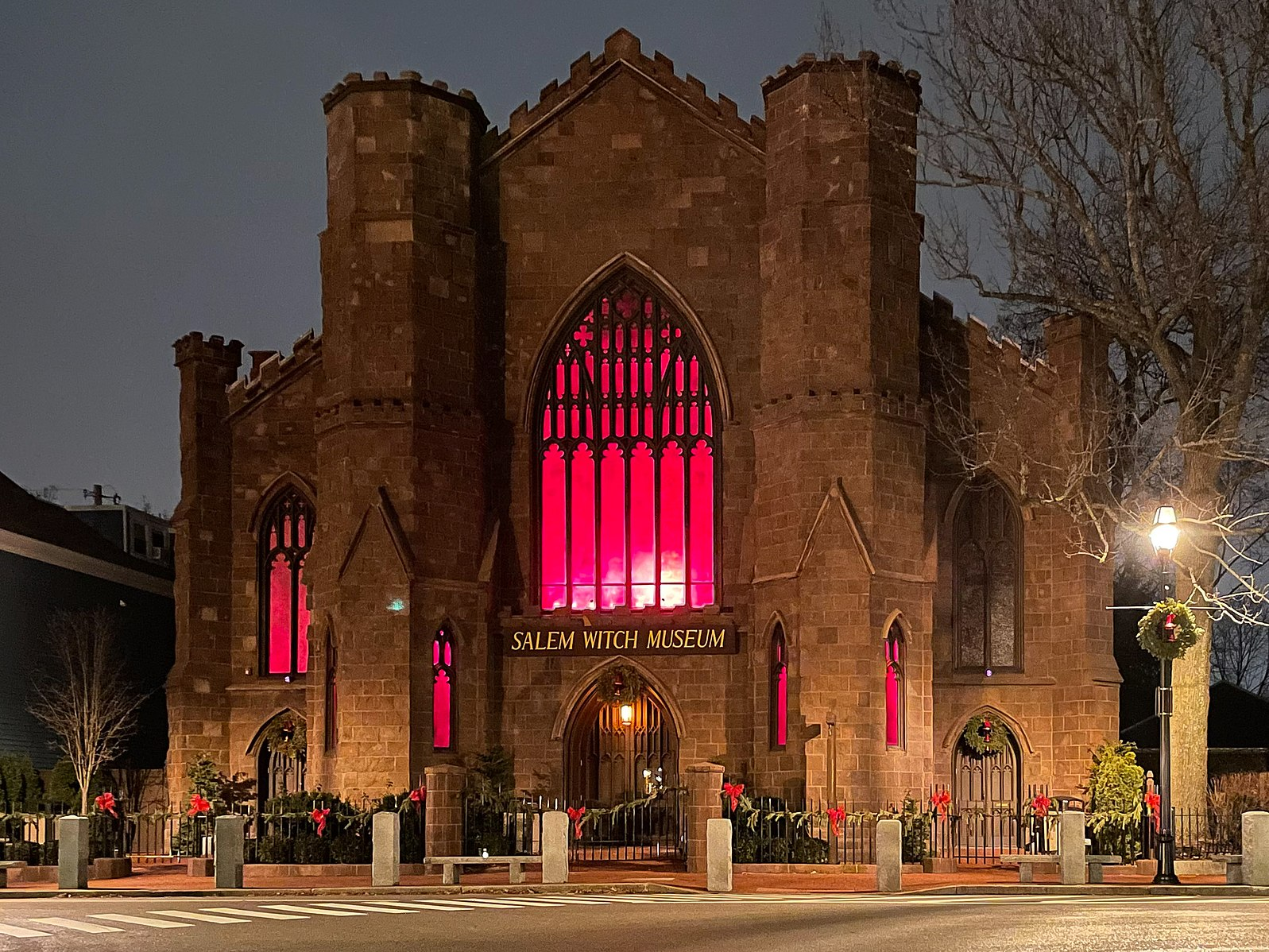A town in the United States called Salem, Massachusetts, was famously coined "The Witch City" because of its connection to the Salem Witch Trials of the late 16th century. During that time, superstitious beliefs were common, and Salem went through several challenges that permanently changed people's perception of the town.
Something dark is brewing
When multiple young girls reported having unexplained illnesses in 1692, the witch panic broke out. As suspicions grew, charges of witchcraft started to catch on like wildfire. Superstition, fear, and tension within the community drove the trials that inevitably occurred.
A large number of innocent people, mostly women, were accused of practicing witchcraft which the illnesses were attributed to, and this led to many unfair trials and tragic executions.
 William A. Crafts | Wikimedia Commons
William A. Crafts | Wikimedia Commons
The birth of "The Witch City"
This dark period in Salem's history gave rise to its reputation as "The Witch City." The town was forever changed due to the Salem Witch Trials, which went down in history as an example of a community at its absolute worst. As expected, Salem came to be associated with the word "witch" and many people during that era would avoid it due to fear that they might also end up cursed.
For years, the citizens of Salem were viewed as barbaric and shunned away from the rest of the world; but today, the city has commercialized that part of its history and proudly celebrates its witch traditions.
Learning from the past
The Witch Trials Memorial and the Salem Witch Museum, which honor and educate visitors about the terrible past, draw large numbers of tourists to Salem. It remains a popular destination for Halloween enthusiasts in particular as the city's eerie atmosphere and witch-themed attractions make it the perfect destination to celebrate the spooky holiday.
Although the witch trials are still viewed as a dark chapter in Salem's past, the town has turned into a tourist and educational attraction. The nickname "The Witch City" remains a reminder of the lessons from the past, and it invites visitors to consider the effects of hysteria motivated by fear. In the end, Salem has become a symbol of resiliency and much can be learned from its troubled past.









